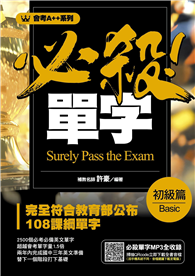Comprehensive and comparative, this volume investigates African American street novelists since the Chicago Black Renaissance and the semiotic strategies they employ in publication, consumption, and depiction of street life. Divided into three chapters, this text analyzes the content, style, and ethics of "street" narrative through a discursive/rhetorical lens, exploring the development of street literature’s formal and contextual concerns to resolve the sociocultural and political questions surrounding cultural work. The book also gives emphasis to "text" or (post)structural literary analysis by answering questions about the genre’s aesthetic and linguistic techniques that respond to the injustices of urban planning. The last chapter, "Representation," investigates the phenomenological hermeneutics of more recent street literature and its satire, highlighting the political stakes for authorship, credibility, and subjectivity. Through historical and contemporary studies of urban space, Blackness, and adaptations of street literature, this work attempts to network activists, artists, and scholars with the greater reading public by providing a functional ontology of reading the inner city.
| FindBook |
|
有 1 項符合
rischard的圖書 |
 |
$ 7425 | Writing the Urban Dwelling: Street, Text, and Representation in African American Literature
作者:Rischard 出版社:Routledge 出版日期:2024-05-31 語言:英文 規格:精裝 / 264頁 / 普通級/ 初版  看圖書介紹 看圖書介紹
|
|
|
圖書介紹 - 資料來源:博客來 評分:
圖書名稱:Writing the Urban Dwelling: Street, Text, and Representation in African American Literature
|











